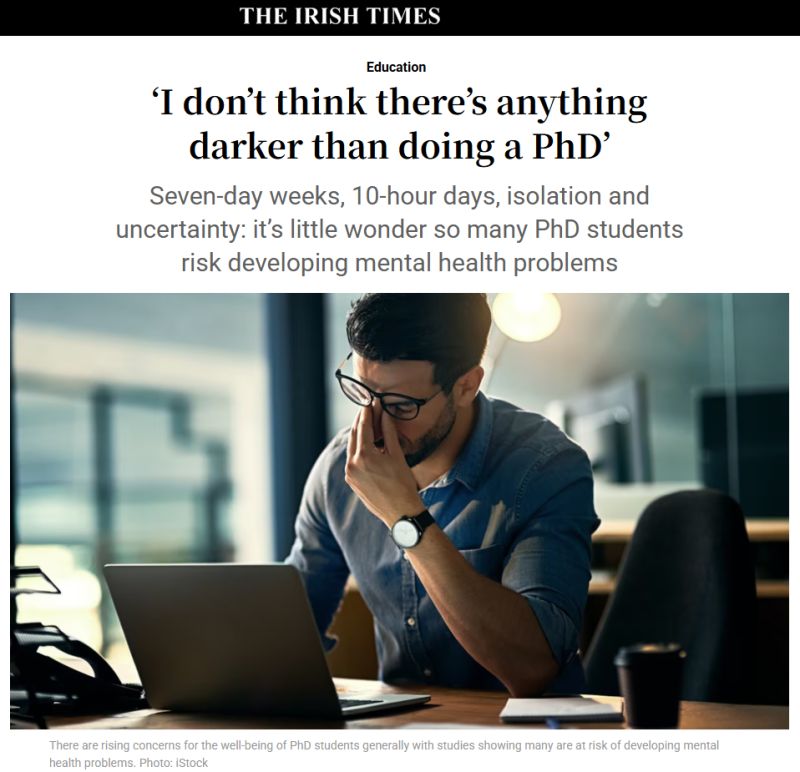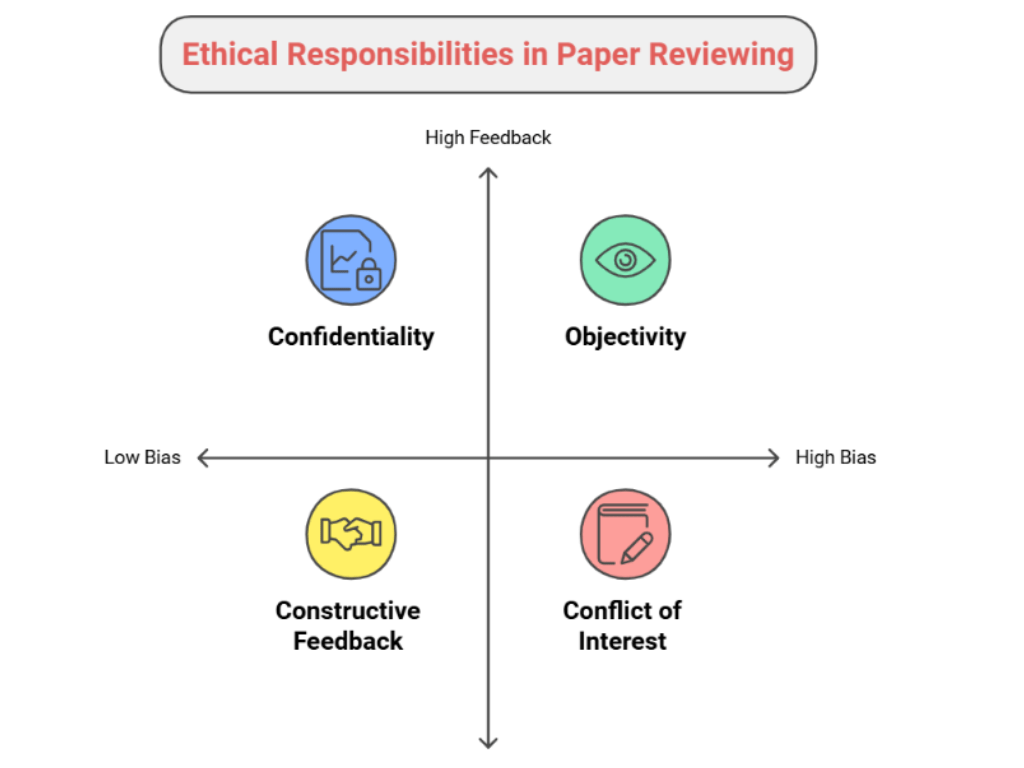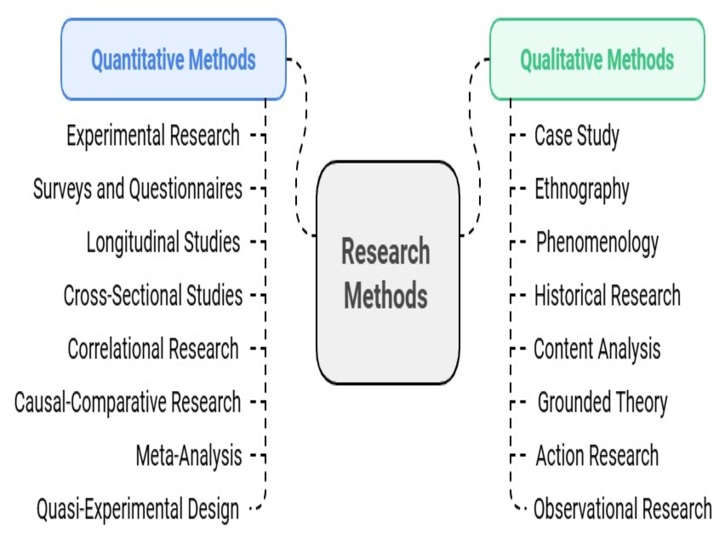As a PhD student, if you feel anxious, you are not alone. Every other PhD student feels the same because anxiety stems from different sources, such as high-stakes presentations, research deadlines, and complex interpersonal dynamics of the academic world. You must know how to get rid of anxiety.
Not addressing this concern will lead to other issues such as procrastination, burnout, and even depression; worst of all, your academic performance will be affected.
I faced anxiety in my academic life as well. Still, fortunately, I found some of the most effective strategies that helped me navigate my educational journey with less anxiety and more confidence.
Let’s find out these strategies to get rid of anxiety in your academic life.

1. Identify Your Triggers
First, you should determine the cause of your anxiety – a work-related task, a personal connection, a health issue, etc. Once you identify it, research how you can deal with it. Then, practice. Please don’t give up until you have conquered it.
Here is how to identify and deal with your triggers in the right way:
- Write about your feelings in a journal to spot patterns and triggers. Whatever you feel in a week or month helps you understand what flips your emotions and makes you anxious.
- Use research solutions such as stress management articles, books on coping mechanisms, and online workshops and forums to find out techniques to deal with your triggers.
- Start applying techniques you learned from resources. Let’s say time management is your trigger; use the Pomodoro Technique or Eisenhower Box for better time management.
- At first, your progress will seem slow, but consistent effort helps you make a positive change in your life. Setbacks are a normal part of the process, but positive changes and growth will follow once you adjust yourself as per new strategies.
2. Audit Your Social Media
How often do you unfollow or disconnect with someone on social media? Very rarely. However, over time, you have reached a stage on your social media where you see negative and unproductive content. Such content stresses you subconsciously. It’s always good to reflect on and control your social media to let you know what is best for you.
Here is how to audit your social media right:
- First, you must identify posts or interactions that increase your stress level or make you anxious. Don’t hesitate to unfollow accounts that upsets you. Is the unfollowing option not available? Use mute or hide features to keep your mind at peace and away from negativity.
- Follow accounts that spread positivity, inspire, and uplift you. Go with professional resources in your Phd field to learn more or some personal pages that share interesting and informative content.
- Always limit your daily social media usage. Don’t spend hours scrolling frequently throughout the day; it will consume all your mind’s energy.
- Try to engage positively online Regarding active participation in social media groups and communities. Always share constructive feedback.
3. Take Care of Your Physical Health
If you are in good physical health, it solves 50% of the problems anyway. Physical exercise not only aids your physical health but also improves your mental health. Its need is far more now as we spend most of the time indoors with computers, phones, and digital devices.
Here is how you can take care of your physical health:
- The best way to get rid of stress and anxiety in your PhD life is regular exercise that releases endorphins- commonly called feel-good hormones. Workout is natural stress relief during academic pressure.
- A routine workout promotes neuronal health, which means better focus, longer attention spans, and sharper memory- it’s what you need to be successful in your academic world.
- You need to follow a healthy sleep pattern. Shift sleep or insufficient sleep disturbs your cognitive functions and mood. A good night’s sleep is important for handling routine work without getting upset or feeling low.
- It’s common for PhD students to spend hours sitting, which often leads to several health issues like musculoskeletal problems, obesity, and cardiovascular issues. Working non-stop and taking no breaks always increases anxiety. Take a break and engage in physical and social activities to address health concerns.
Research Paper writing stress in PhD!
Have you ever faced it?
Don’t worry – Paperpal can relieve this stress for you to a larger extent.
How can Paperpal help you in writing?
Paperpal can help you to:
- Fix grammar and typo issues in your writing
- Paraphrase and trim your writing
- Check plagiarism in your writing
- Identify citations for your papers
- Evaluate your research papers before submission
- Get a mock peer review and feedback for your paper
- Proofread your paper before submission
For 20% discount, use discount code FAHPP30
4. Don’t Fear the Future
Many PhD students are too scared of the future, which also becomes a reason for stress. Students fear different things, such as career goals, personal relationships, and soon. Most of the time, you perceive things to be very scary, but they are not. So, be optimistic. The future is going to be great.
Here is how you can handle the fear of the future:
- Always challenge your negative thoughts and catastrophic predictions. Do it intentionally and rely on cognitive behavioral therapy, where you question the evidence for your fears. Shift your mind from the fearful side to reality.
- Don’t overwhelm yourself with too many things at a time. Break down your goals into small, manageable tasks. Once you complete these tasks, you will get a sense of control to reduce your anxiety about the future.
- Live in the moment. It will be difficult at first, but you can reduce worries about the future by focusing on what you can control at the moment.
- Practice mindfulness, meditation, and deep breathing. Yoga is a good start to deal with anxiety and keep yourself calm. Through such techniques, you can clear your mindset and focus on less fear and more positivity.
5. Be a Person of Actions, Not of Thoughts
One of the main reasons for anxiety is the lack of action. You won’t get stuck in the overthinking loop when you act more and think less. If it’s a big project, break it down into smaller pieces. Plan for the smaller parts and move ahead with the execution.
Here is how you take more action with less overthinking:
- Create clear, actionable plans related to your projects. You need to decide what to do, how to do it, and when it needs to be done. Set a deadline for small tasks so you can stay on track.
- When creating a to-do list related to your academic tasks, prioritize tasks. Instead of focusing on less important tasks, focus on a task that matters the most.
- Don’t spend too much time on planning. Many PhD students spend more time planning and less time taking action. Don’t do that. Planning shouldn’t lead to paralysis by analysis; it should always help you move forward.
- Use project management tools like planners, calendars, and simple to-do lists. These tools help you keep track of deadlines and turn your thoughts into visible actions.
6. Practice to be Grateful
Majority of the people complain about what is wrong. Very few people focus on what is right in their lives. The ones complaining can find negatives in almost any situation. The ones grateful can see the better side. Be among the grateful ones, and you will always be happy.
Here is how you can practice gratitude:
- Take a pen and paper and start writing about things you are thankful for. Get a gratitude journal and use it early in the morning. This journal will help you shift focus from negative to positive aspects of your academic environment.
- Counteract feelings of frustration and discontent by spending time with the people you love the most and who made a positive, big change in your life. Keep your circle short but productive.
- When you start practicing gratitude, it helps you build resilience. You maintain a hopeful and positive outlook during challenging times in your career and focus on what you can control instead of fearing uncertainties.
- Create a positive cycle of gratitude and action by helping others and motivating your peers and other PhD students to do better. You all are going through the same phase. If a fellow feels what you are feeling, spend some time with them and try to help them understand the positive side of your academic life.
7. Stay Away from Toxicity
Some activities, people, and content around you can be toxic. A 5-second toxic engagement can ruin your day. It can demotivate you and keep you unproductive for the whole day. Identify these and keep yourself away.
Here is how you can stay away from toxicity:
- Identify toxic sources in your circle. Toxic people are those who upset you and drain your energy and your nervous system under stress when they are around. It’s important to recognize who these toxic sources are so you can limit your exposure to them.
- Always set clear boundaries with toxic sources. If a certain discussion leads to negativity or makes you block someone, simply avoid it. Try to limit the time that you spend with toxic people.
- You must learn to say “NO”. Don’t be a people pleaser. If a request, invitation, or demand costs your peace of mind, it’s better to say no. Always prioritize your well-being above anything.
- Practice self-care and engage yourself in activities like meditation, exercise, sufficient rest, me-time, and hobbies. Self-care helps you build emotional resilience against toxicity.
Don’t forget to read: 10 Simple Ways to 10x your PhD Productivity
Any other suggestions you’d like to add?
For more on this, check my YouTube.
YouTube Channel: www.youtube.com/@DrFaheemUllah

Find me on Instagram


